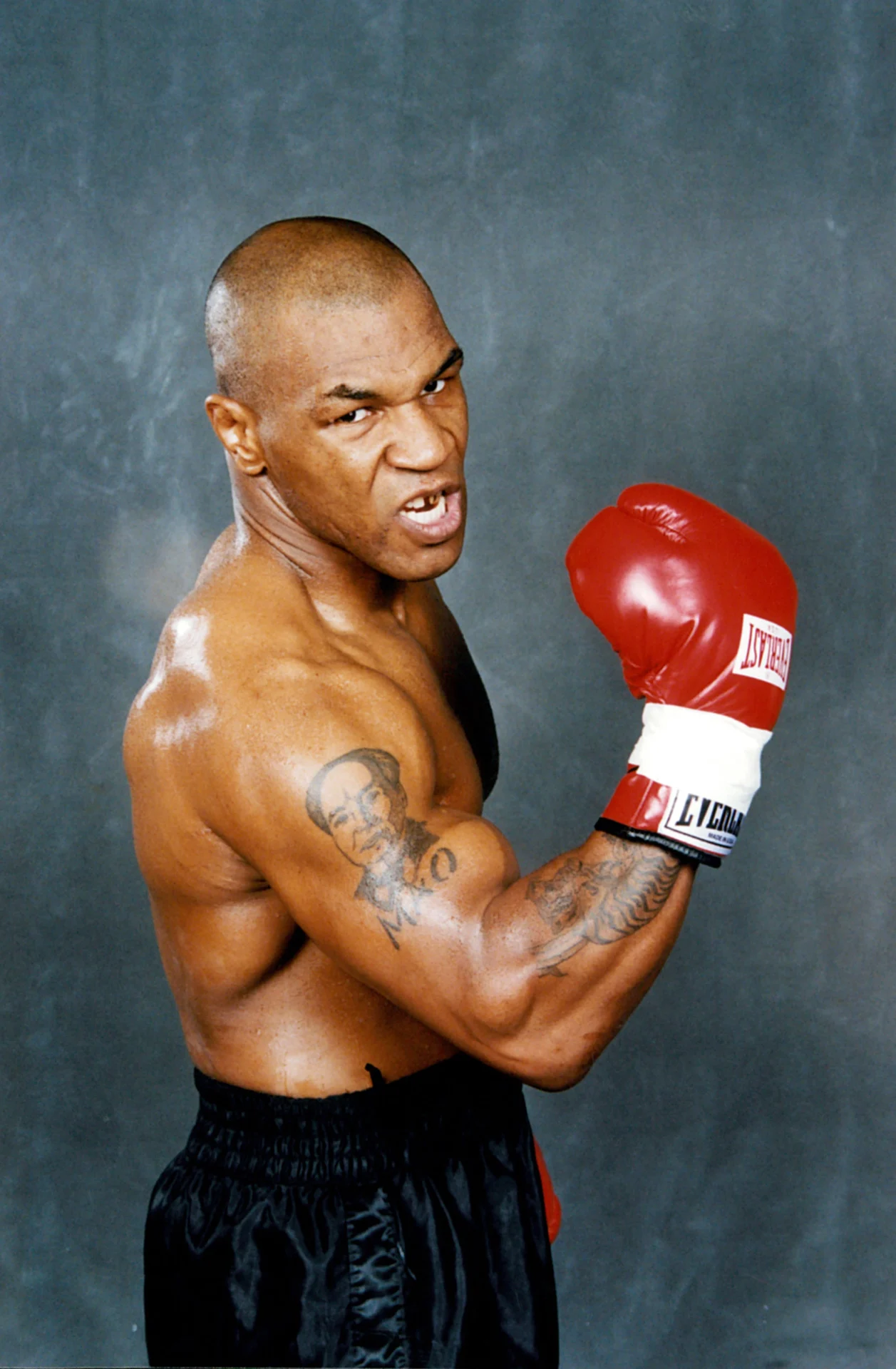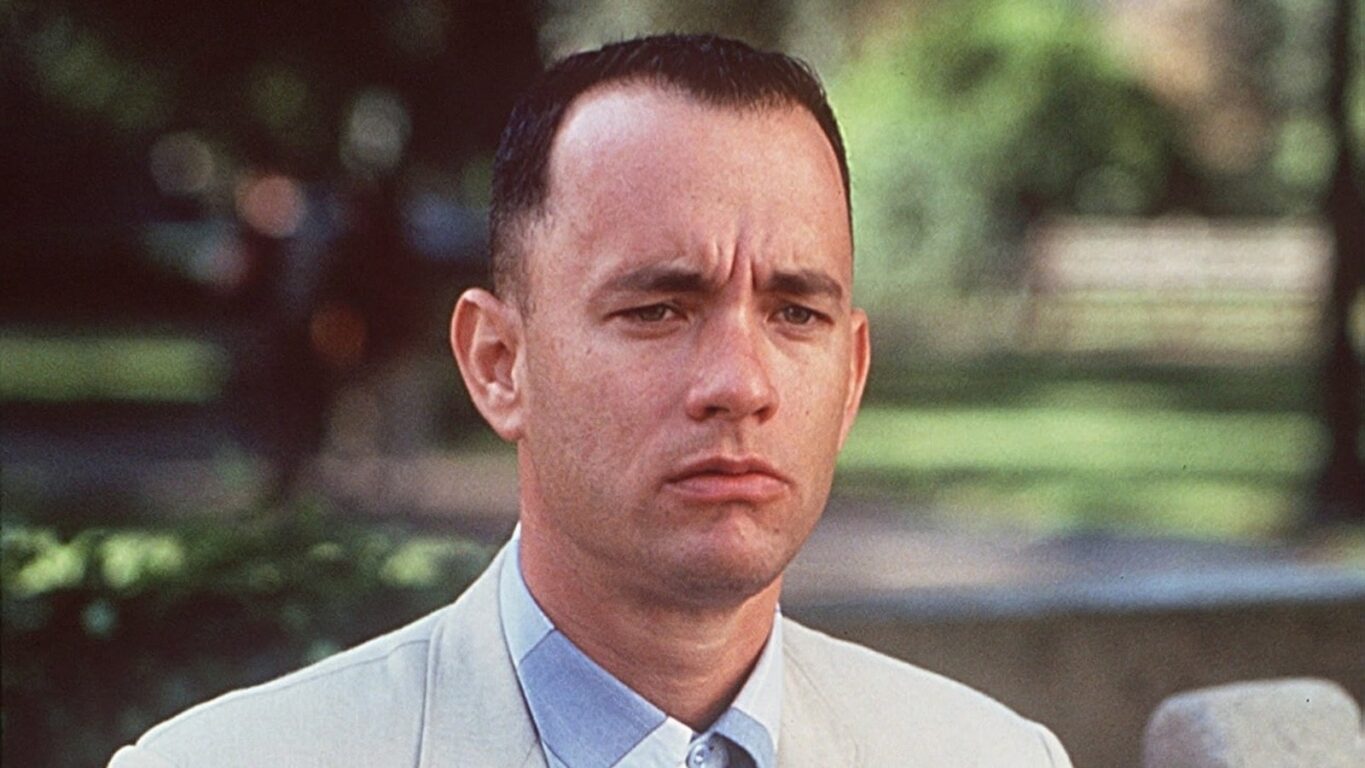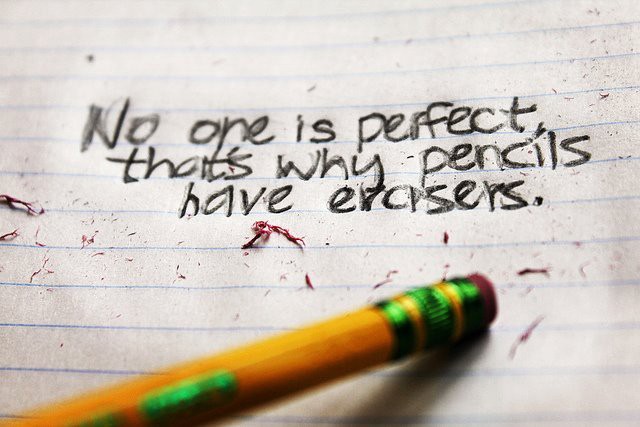If you’re a current member at Warehouse, you know that a portion of what is prescribed for the day includes a slow and methodical approach to the programmed movements.
What is on the whiteboard and what your coach is walking you through is intentional.
Like it or not, before the game that we CrossFitters call the WOD or Metcon, you will practice and you will train.
Training for what exactly?
Through this “daily drip” and in an effort to break cycles of unintentional limited or poor movement programming, we seek to help you unleash a better version of you. We do this one hour at a time through PRACTICE.
Over time, intentional practice sponsors better movement and helps build healthy and efficient muscle memory to help prepare you for the unknown and unexpected.
Practice makes permanent.
To help cement this concept, I’m going to use 92 year old financial titan Warren Buffet to help understand how vital being INTENTIONAL really is and world-renown artist Pablo Picasso to reflect on the idea of a “low bar to a distant horizon” approach – why we train slowly and with purpose.
In an essay written by Buffet, he elaborates on a message he delivered to youth that he thinks is very important: Take care of your mind and body.
Sounds simple, right?
But Buffett took it a step further by offering an analogy:
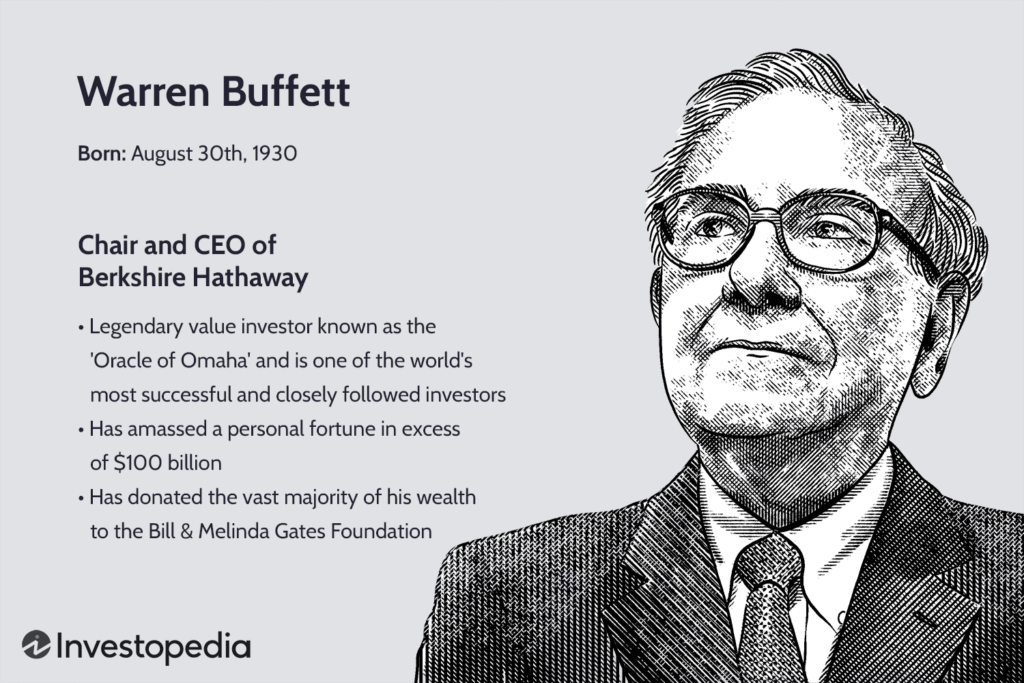
“LET’S SAY THAT I OFFER TO BUY YOU THE CAR OF YOUR DREAMS. YOU CAN PICK OUT ANY CAR THAT YOU WANT, AND THEN WHEN YOU GET HOME, THAT CAR WILL BE WAITING FOR YOU."
Now, knowing that, how are you going to treat that car? You’re probably going to read the owner’s manual four times before you drive it; you’re going to keep it in the garage, protect it at all times, and change the oil twice as often as necessary. If there’s the least little bit of rust, you’re going to get that fixed immediately so it doesn’t spread — because you know it has to last you as long as you live."
In other words, the way you treat your car should be no different than the way you treat your body.
As we care for our bodies at Warehouse, we challenge ourselves mentally and make pushing past perceived limits a daily routine. Maybe you’ve heard a coach remind you to “Move better, not faster.” This is in an effort to be more intentional with every movement as we practice and train.
The game (WOD/Metcon) will come soon enough, and at this point, form is expected to break down.
We, as coaches, WANT YOUR FORM TO START TO BREAK DOWN.
This is where coaching is at peak value. As coaches, the goal is to help you identify areas for improvement and make even the most subtle corrections.
A goal is to also identify correct movement and push you toward intensity ….all in an effort to move better…class by class….one hour at a time.
So let’s talk more about why we practice and how this “daily drip” is the key to permanent improvements.
Think about something that you’ve been doing for a VERY long time. You do it so damn well that it is automatic. It wasn’t always like this.
Walking down stairs was once a challenge for all of us. Tying our shoes used to take concentration with a few mess-ups along the way. Maybe you heard comments about “how easy you made things look” that were a struggle for others.
Why are certain things, like walking down stairs, so easy for you now?
Because, through practice, you’ve figured out exactly how to do it safely and efficiently and you’ve literally done it thousands of times.
Which brings me to a final lesson about practice.
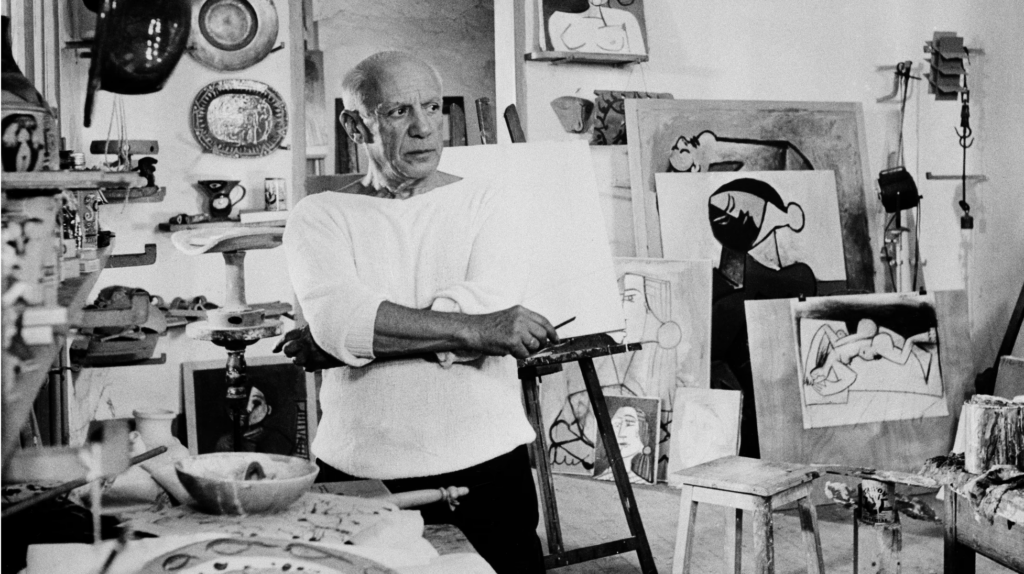
“That will be $10,000.” “But you did that in thirty seconds,” the astonished woman replied. “No,” Picasso said. “It has taken me forty years to do that.”
Don’t forget to take a moment to pause and reflect on your WHY and the WHAT you are doing at that time in any given day that will lead to you becoming a better version of yourself.
Practice and training tends to not be as sexy as a 1-rep max lift. It takes discipline, a whole bunch of elbow grease and it is NOT EASY.
I’ll wrap up this post by quoting two more more contemporary minds: Iron Mike Tyson and Mr. Tom Hanks. 8)
